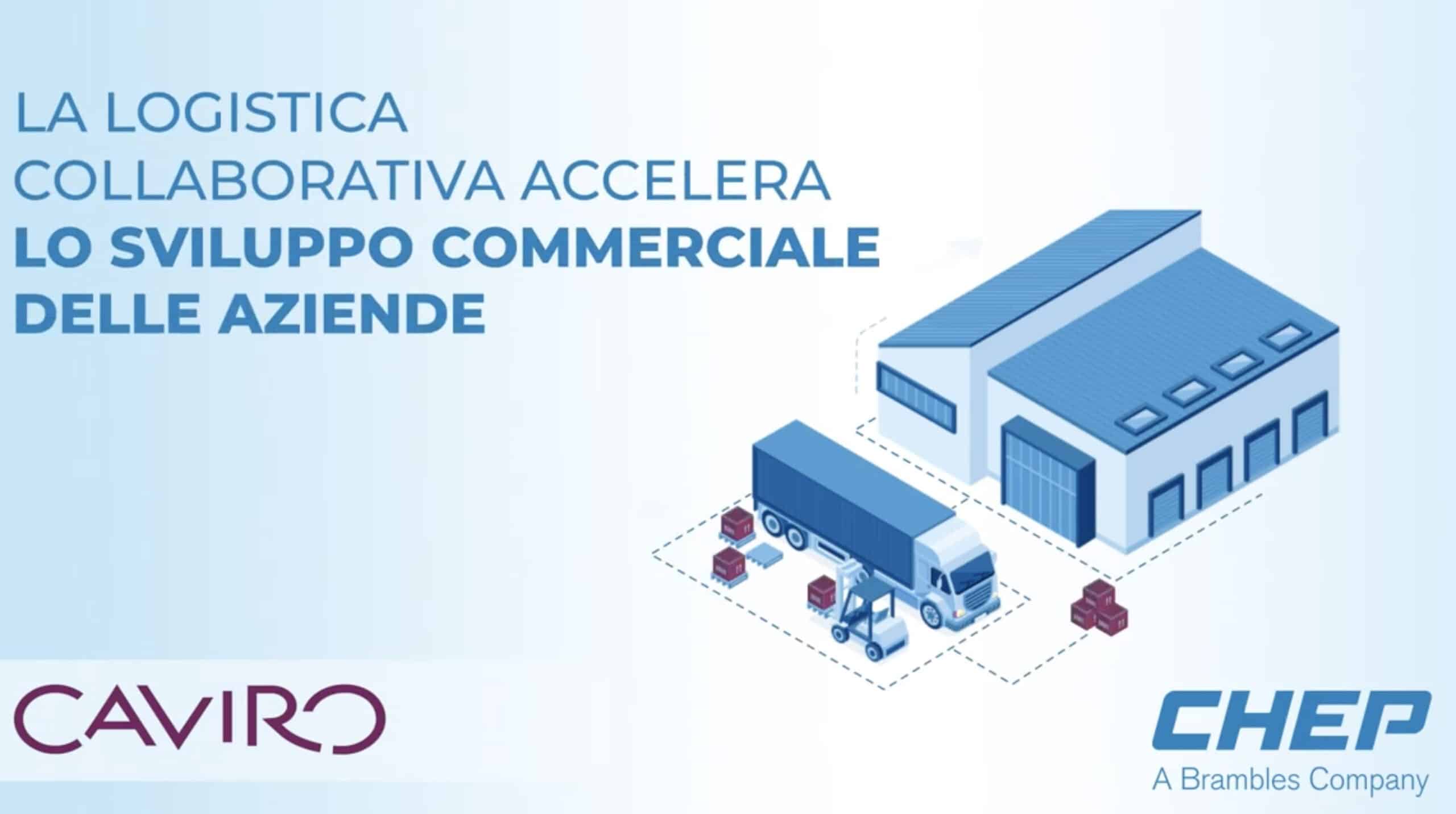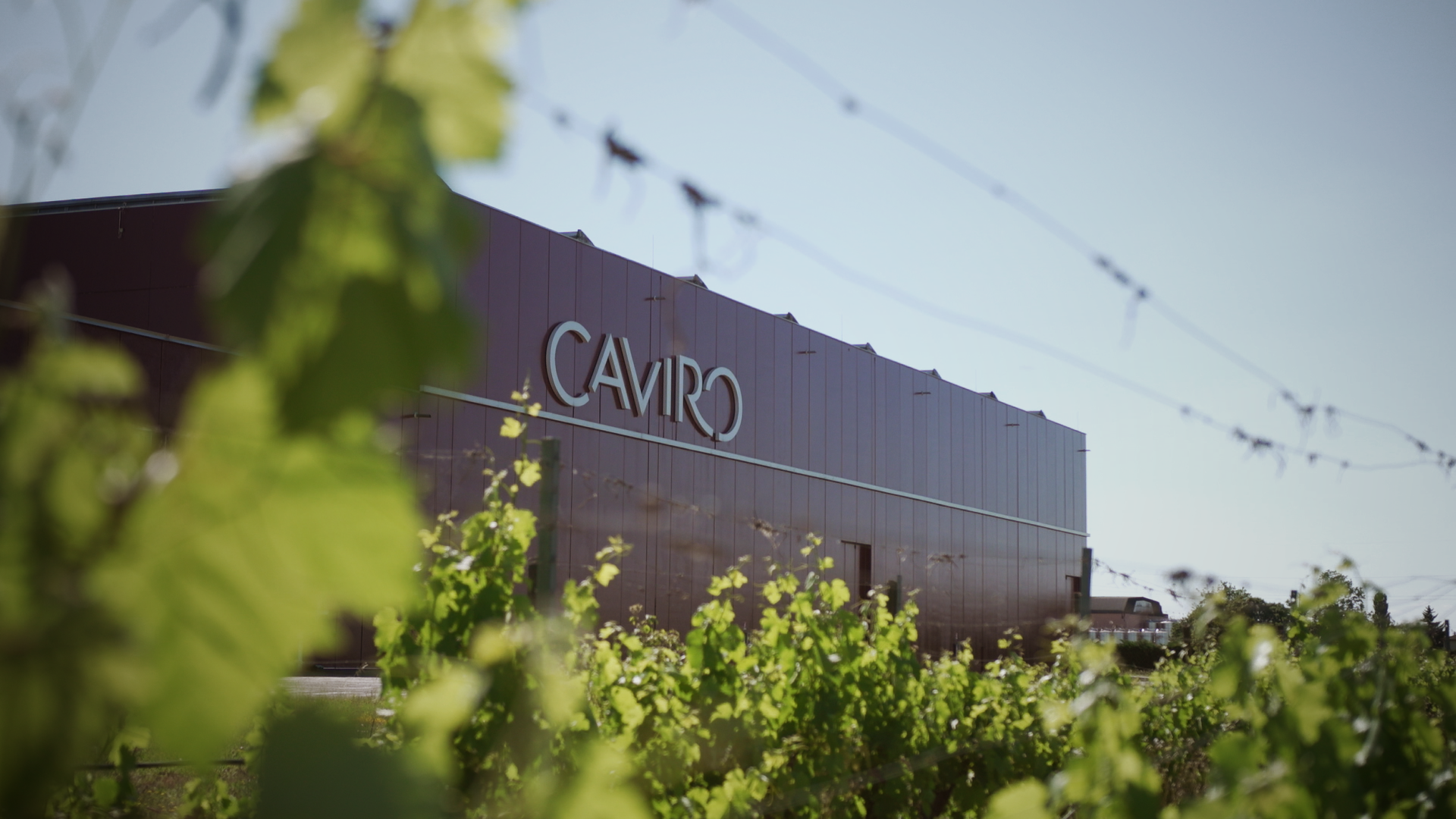Relying on the experience and professionalism of CHEP, Caviro Group and Lucart Group have undertaken a project of Collaborative Transport.
The project
Collaborative transport is a revolutionary way of planning road transport, improving efficiency and sustainability.
By leveraging big data to identify common transport flows, it can lower CO2 emissions and cut empty trips, which represent the 20% of the total truck transport in Europe. An even greater impact when compared to the Italian context, in which road transport is the primary method for goods movement (80% of national freight transport occurs by truck).
This is why CHEP, global provider for optimized supply chain solutions, has developed a collaborative transport system that joins Caviro, the main Italian wine cooperative, and Lucart, leader in paper production: two companies that have always been focused on environmental protection and sustainability.
Stages of the project
Initially, Caviro contacted CHEP, aiming at optimizing its transports. CHEP analyzed Caviro’s transport flows using its dedicated software that tracks the movements of pallets, identifying Lucart as a potential partner.
Then the system best combined the routes of the two companies through an algorithm, to ensure maximum benefits to both partners.
In the first few months, this resulted in a 48% of matched shipments, with a total saving of 16% on roundtrips and a reduction of CO2 emissions by 8%.
This choice therefore boosts both efficiency and sustainability, representing a virtuous model to be encouraged: ‘If 60% of the Italian transport market for consumer goods used a pallet pooling system and collaborative transport solutions – says Marika Roncelli of CHEP Italia – we could cut 6 million km of empty truck trips every year, avoiding 5,200 tons of CO2 emissions’.



